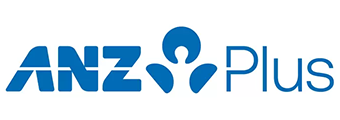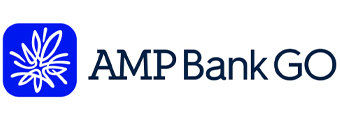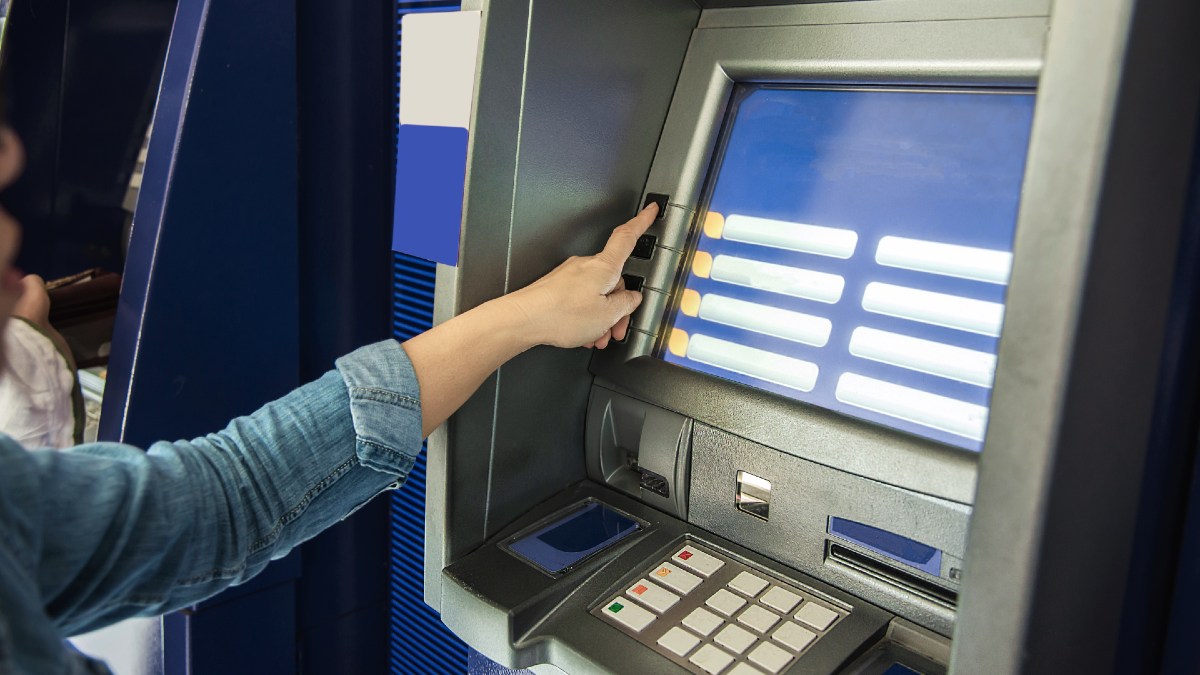
Australia's banking sector is dominated by four major banks collectively known as the 'Big Four' - Commonwealth Bank of Australia (CBA), Westpac, National Australia Bank (NAB), and Australia and New Zealand Banking Group (ANZ).
The Big Four commands around 70% of the total market share in the country's financial sector, possessing combined assets exceeding $3.80 trillion as of early 2025. Australia's entire banking sector is valued at nearly $5.5 trillion.
These figures comprise residents' assets such as loans, deposits, and other financial holdings.
|
Rank |
Big Four |
Total Assets (billion) |
|
1 |
CBA |
$1,122.379 |
|
2 |
Westpac |
$1,071.240 |
|
3 |
NAB |
$902.381 |
|
4 |
ANZ |
$757.860 |
Source: APRA, February 2025
By comparison, the top 5-10 banks' aggregate assets are worth $790.24 billion - only a little over the total assets of the smallest of the Big Four. Though, it's important to note ANZ's acquisition of Suncorp Bank will eventually see it have well over $800 billion in assets.
What sets the big four banks apart from their peers, apart from sheer scale, is that they must abide by the Four Pillars Policy. This law essentially bans these four banks from ever merging. Other banks are ripe for the picking, however - subject to regulatory approval - as you'll see below.
The majors have been prolific over the past 20 or so years in expanding their footprints via the acquisition of smaller players.
Despite the undeniable preference for the country's four majors, they, along with other banks and financial institutions, are all regulated by the Australian Prudential Regulation Authority (APRA), the Australian Securities and Investment Commission (ASIC), the Reserve Bank of Australia (RBA), and the Department of Treasury.
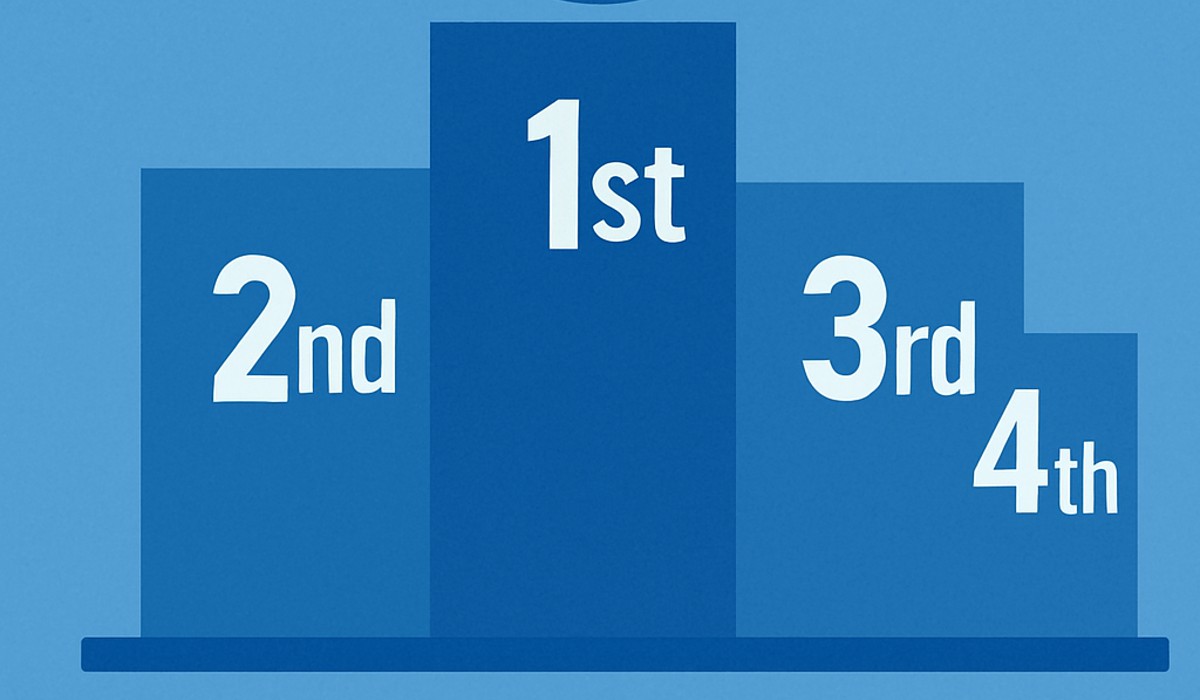
Ranking the Big Four Banks
|
Rank |
Big Four Bank |
Market capitalisation (billions) |
|
1 |
CBA |
$261.64 |
|
2 |
Westpac |
$108.90 |
|
3 |
NAB |
$108.23 |
|
4 |
ANZ |
$88.73 |
Source: ASX, March 2025
1. Commonwealth Bank - CBA
While CBA is the youngest of the four following its establishment in 1911, and privatisation in 1996, it holds the title of Australia's largest bank. It leads not only in terms of total assets but also by market capitalisation.
Until the 1990s, CBA enjoyed decades of being a government-owned institution, and served as the central bank until the RBA took over this function in 1960.
2. Westpac - WBC
Westpac has currently taken the second spot from previously second-placed NAB in terms of market capitalisation, however the race is very tight. Westpac also maintains its rank as second in many other metrics as you'll see below.
This was made possible following its merger with St.George Bank in 2008, which was the fifth-largest bank in Australia at the time. It also acquired BankSA and RAMS in the same year and Bank of Melbourne years earlier. RAMS is now defunct.
3. National Australia Bank - NAB
NAB was formed through the merger of century-old banks Commercial Banking Company of Sydney (1834) and National Bank of Australasia (1858). It currently ranks third after being overtaken by Westpac.
Its total assets include those held by its subsidiaries UBank and Bank of New Zealand. In the past few years, it also acquired neobank :86 400 (which was absorbed into UBank), and Citi's retail banking portfolio.
4. Australia & New Zealand Banking Group - ANZ
ANZ is currently the smallest of the Big Four, but it is set to get bigger with its $5-billion takeover of Suncorp Bank. Once Suncorp is fully absorbed, it will propel ANZ's assets to over $800 billion. Suncorp's banking arm was among the 10 largest in Australia with around $100 billion in assets.
Which of the Big Four is the best bank for saving?
Based on the volume of deposits they hold, many Australians obviously trust the Big Four much more than others with their money.
The combined household deposits on the books of CommBank, Westpac, NAB, and ANZ are equivalent to more than 70% of the total cash deposits in all authorised deposit-taking institutions (ADIs) in the country.
|
Rank |
Big Four Bank |
Household deposits (billion) |
|
1 |
CBA |
$417.612 |
|
2 |
Westpac |
$326.870 |
|
3 |
NAB |
$220.482 |
|
4 |
ANZ |
$184.173 |
Source: APRA, February 2025
Household deposits include savings accounts, term deposits, transaction accounts, and other types of cash deposits.
The four major banks each offer a range of savings account options suitable for different needs and financial goals. However, just because they are popular, doesn't necessarily make them the best for your needs.
Since their products generally feature similar interest rates and functionalities, the choice mostly boils down to the one that best aligns with your personal savings strategy and other priorities.
Comparing bonus interest rates
When selecting a savings account, it's crucial to compare the base variable rate to identify which offers the best potential return on your deposited funds. You can also maximise the introductory rates available to new customers for the first few months of opening an account.
All Big Four banks offer savings accounts that pay bonus interest rates when specific conditions are met, e.g. reaching a savings milestone. That said, choosing a savings account that matches your ability to fulfil these criteria can significantly boost your interest earnings and ensure robust returns.
Here's a quick overview of the conditions for the added interest rates available on the savings account products offered by Australia's four major banks.
|
Big Four |
Savings account |
Introductory rate |
Bonus rate |
|
NetBank Saver |
✅For the first 5 months |
N/A |
|
|
GoalSaver |
N/A |
✅ When you grow your savings balance each month |
|
|
Westpac Life |
N/A |
✅When you grow your savings balance each month. Extra bonus for 18-29 year olds. |
|
|
eSaver |
✅For the first 5 months |
✅When you open the account online |
|
|
Bump Savings |
N/A |
✅When you grow your savings balance each month |
|
|
Reward Saver |
N/A |
✅When you make at least one deposit before the second last banking day of the month and make no withdrawals |
|
|
iSaver |
✅For the first 4 months |
N/A |
|
|
Plus |
N/A |
✅When you grow your balance by $100 or more each month. Available via Plus app only. |
|
|
Progress Saver |
N/A |
✅When you deposit at least $10 and make no withdrawals |
These are correct at the time of writing and are subject to change.
| Bank | Savings Account | Base Interest Rate | Max Interest Rate | Total Interest Earned | Introductory Term | Minimum Amount | Maximum Amount | Linked Account Required | Minimum Monthly Deposit | Minimum Opening Deposit | Account Keeping Fee | ATM Access | Joint Application | Tags | Features | Link | Compare | Promoted Product | Disclosure |
|---|---|---|---|---|---|---|---|---|---|---|---|---|---|---|---|---|---|---|---|
1.70% p.a. | 4.70% p.a. Intro rate for 5 months then 1.70% p.a. | $594 | 5 months | $0 | $99,999,999 | $0 | $0 | $0 | |||||||||||
0.01% p.a. Bonus rate of 4.39% Rate varies on savings amount. | 4.40% p.a. | $898 | – | $0 | $99,999,999 | $1 | $0 | $0 | |||||||||||
0.10% p.a. Bonus rate of 4.40% Rate varies on savings amount. | 4.50% p.a. | $919 | – | $0 | $99,999,999 | $$formattedMinMonthlyDep.format("%,d",$!{product.minimumMonthlyDeposit}) | $0 | $0 | |||||||||||
4.50% p.a. | 4.50% p.a. | $919 | – | $0 | $4,999 | $0 | $0 | $0 |
Accessing money through ATM networks and digital platforms
Despite banks closing branches nationwide amid the growing popularity of digital banking and cashless transactions, the Big Four continue to maintain a significant presence. They support their customers through a huge network of branches, ATMs, call centres, and digital banking platforms.
-
CommBank has more than 700 branches across the CBA Group and a huge ATM fleet of nearly 2,000 deployed nationwide. That includes ATMs from its subsidiary Bankwest, of which it's in the process of rebranding most of its branches as CommBank in Western Australia. While that's already extensive, that is still not Australia's biggest ATM network.
-
Westpac and its subsidiaries St.George Bank, Bank of Melbourne, and BankSA have a shared network of approximately 3,000 ATMs across the country. Through the Westpac Global ATM alliance, the bank boasts the largest overseas ATM network, with over 50,000 machines customers able to access for free.
-
NAB operates about 1,000 ATMs nationwide, but through its partnership with RediATM network and Australia Post, the major bank's customers get access to more than 6,000 locations and ATMs nationwide.
-
ANZ likewise maintains a sizeable fleet of over 2,000 ATMs across the country, while its branches offer specialised in-person banking services such as detailed personal and business consultations and smart ATMs that feature enhanced self-service banking functions.
Whether you choose any of the four banks, you have access to their 24-hour customer support and online and mobile banking platforms. Each bank has its own mobile app that provides a range of services such as account management, money transfers, and bills payment, among others.
Stashing money in term deposits
Australia's four major banks also offer term deposit products to customers who prefer locking their funds for a fixed term in exchange for better returns.
Their term deposit rates are generally comparable, reflecting the tight competition among these leading institutions, however tend to trail the market leaders and smaller, challenger banks' products.
Their rates can vary slightly depending on term length and any ongoing promotions. CommBank, Westpac, NAB, and ANZ offer short- to long-term deposits, ranging from one month to five years.
If you're looking to stash your funds in a term deposit, it's advisable to review the latest offers directly from the banks' websites to ensure you're getting the best rate available at the time of investment.
Which Big Four bank offers the best home loan product?
The four major banks hold the largest share of total home loans written for both owner-occupiers and investors in Australia.
|
Rank |
Big Four Bank |
Owner Occupier home loans (in billions) |
Investor home loans (in billions) |
|
1 |
CommBank |
$383.086 |
$195.936 |
|
2 |
Westpac |
$320.321 |
$162.552 |
|
3 |
NAB |
$216.521 |
$109.983 |
|
4 |
ANZ |
$206.633 |
$103.397 |
Source: APRA, February 2025
Each of Australia's big four banks offers a broad range of mortgage products, featuring both fixed and variable rates, as well as options for principal and interest (P&I) or interest-only (IO) payments.
Redraw facilities and the flexibility to make additional repayments are widely available, though specific terms and availability can vary by lender and loan type.
While the home loan rates offered by CommBank, Westpac, NAB, and ANZ are generally competitive within the market, they may not always be the lowest. Smaller and non-bank lenders as well as fully digital banks which may have lower overhead costs often offer more attractive rates by passing these savings onto customers.
Nevertheless, the Big Four banks provide comprehensive customer service networks and can offer package deals that might be attractive to customers who prefer to consolidate their financial products with one institution, e.g. a loan that comes with a choice of credit card and/or transaction accounts.
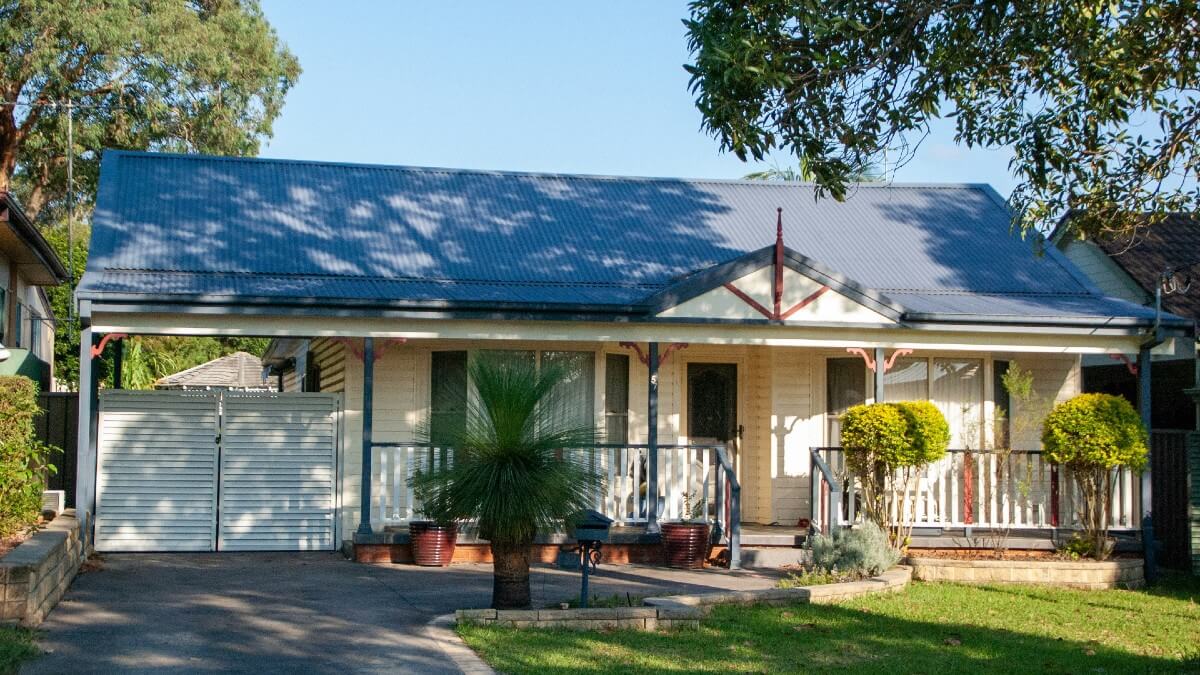.jpg?language_id=1)
Big Four Bank Home Loans Compared: A Quick Glance
Here's a guide to the home loan products available at Australia's four major lenders.
|
Big Four Bank |
Variable rate home loan |
Fixed rate home loans |
Package home loans |
|
Standard Variable Rate Home Loan |
Fixed Rate Home Loan (1-5 yrs) |
Wealth Package Home Loan |
|
|
Extra Home Loan |
|||
|
Flexi First Option Home Loan |
Fixed Options Home Loan (1-5 yrs) |
Premier Advantage Package |
|
|
Rocket Loan: Variable Home Loan with Offset |
|||
|
Basic Variable Rate Home Loan |
Tailored Fixed Rate (1-5 yrs) |
Choice Package* |
|
|
Tailored Variable with Offset |
|||
|
Standard Variable Rate Home Loan |
Standard Fixed Rate Home Loan (1-5 yrs) |
Healthy Home Loan Package |
|
|
Simplicity Plus Home Loan |
These are correct at the time of writing and are subject to change.
*NAB discontinued the sale of Choice Package in 2023; customers with existing Package established before the relevant offsale date retain access to its benefits
Take note!
Choosing among these banks depends on your personal preferences or financial circumstances, such as the desire for branch access, specific loan features, or the attractiveness of package deals relative to overall costs.
Big Four Bank Home Loan Approval Times
InfoChoice Group reached out to the major banks between 2021 and 2023 and asked for clarity as to the speediness of its home loan approval times. Only Westpac declined to comment.
|
Big Four Bank |
Average time taken to approve a simple application (e.g. refinance) |
|---|---|
|
NAB |
<24 hours |
|
ANZ |
<24 hours |
|
CBA |
<2 days |
Approval times are highly variable, however, and fast times are subject to a borrower having a simple application and all the right documentation.
Does the Big Four offer personal loans and car loans?
Personal loans
Each of the four majors provides options for both secured and unsecured personal loans catering to various borrowing needs.
-
Loan amounts can range between $4,000 and $50,000, with terms up to seven years.
-
Interest rates offered by the four institutions are comparable, typically ranging from competitive to high, depending on the loan type, the borrower's creditworthiness, and in some cases, the purpose of the loan, i.e. sustainable or 'green' purchases may attract lower rates.
Car loans
CommBank, Westpac, NAB, and ANZ also offer loans to finance the purchase of new or used cars.
-
Car loan terms available at these banks generally range from one to seven years.
-
Interest rates depend on whether there is a security or none.
-
Repayment options are flexible.
All four banks offer the ability to apply online, and applicants are usually required to provide proof of income, financial statements, and personal identification.
Are Australia's Big Four banks safe?
Australian banks are known globally as among the safest and most stable financial institutions - a reputation built on decades of rigorous regulatory reforms, stringent lending protocols, and effective risk management.
The country's banking sector is regulated to ensure that banks maintain high capital reserves to absorb any unexpected shocks like the global financial crisis (GFC) in 2008.
The four majors, being well-capitalised, have a strong buffer to absorb potential losses during economic downturns. In fact, they well exceed the 4.5% requirement indicating adequate capital reserves as measured by the Common Equity Tier 1 (CET1), explained in further detail here.
|
Big Four |
CET1 ratio (to risk weighted assets) |
|
CommBank |
11.8% |
|
Westpac |
12.69% |
|
NAB |
12.35% |
|
ANZ |
12.2% |
Current as of September 2024
$250,000 Bank Guarantee
Further, under the Financial Claims Scheme, cash deposits in the Big Four - and all ADIs - are guaranteed by the federal government up to $250,000 per account holder. This means if you shared an account with your spouse it would be covered up to $500,000.
Say you deposit $250,000 with NAB, this guarantee ensures you'll eventually get all your money back in the unlikely event it folds. Essentially this is aimed at boosting depositor confidence and lessening the likelihood of a bank run, which happens when customers pull out their money simultaneously over solvency concerns.
If you have more than $250,000 in cash it could be wise to spread it out among different banks.
Take note!
Be aware also that this covers one banking licence - so if you had $250,000 at NAB and $50,000 at ubank, that's $300,000 and you'd only be covered up to $250,000 given they share a banking licence.
To date no money has had to be reimbursed through a bank collapse via the modern Financial Claims Scheme, signifying the strength of Australian banking.
Credit Ratings
Additionally, all four banks have demonstrated resilience during financial crises and have scored high among credit rating agencies Moody's, Standard and Poor's (S&P), and Fitch.
Currently, Australia's Big Four banks rank among the 25 safest banks in the world.
|
Big Four |
Moody's rating |
S&P rating |
Fitch rating |
|
CommBank |
Aa2 |
AA- |
AA- |
|
ANZ |
Aa2 |
AA- |
AA- |
|
NAB |
Aa2 |
AA- |
AA- |
|
Westpac |
Aa2 |
AA- |
AA- |
Current as of 2024
The Big Four have identical ratings indicating that all of them have low credit risk.
CommBank, Westpac, NAB, and ANZ are known for their robust financial services and are a common choice for Australians due to their extensive service networks and wide range of offerings.
Which one should you choose?
At the end of the day, with such comparable products and rates, the decision on which bank to park your money in or take out a loan depends on your situation and what you value the most.
You may choose the bank with more responsive customer service or the one with a more user-friendly mobile app. Your proximity to bank branches and the availability of ATMs in your location can also be a deciding factor.
The choice is yours, and you're free to choose which bank is the best for you. With the major banks all nearly identical in terms of mainstream product offerings, in the end it may just come down to which one you like more, or which one has a branch closest to you.
Composite image courtesy of CBA, Westpac, NAB, ANZ
In-text images sourced/generated from ChatGPT and Freepik
First published in October 2021



